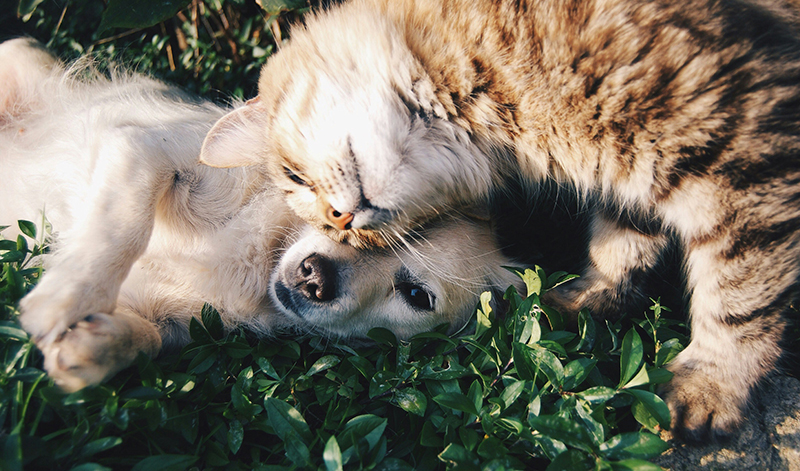
As a pet owner, one of your most important responsibilities is ensuring the health and well-being of your furry, feathered, or scaled friend. Pets, much like humans, can fall ill, but they cannot directly tell us when something is wrong. Therefore, it's crucial for you to be observant and recognize the signs that may indicate your pet is not feeling well. Here are some key indicators to watch out for, along with advice on what steps to take next.
Changes in Behavior
One of the first signs that your pet might be sick is a change in their usual behavior. This could include:
Lethargy or Decreased Activity: If your normally energetic dog or cat suddenly becomes tired and less interested in playing, this could be a sign of illness.
Increased Aggression or Anxiety: Sudden changes in mood, such as increased aggression or anxiety, can also point towards discomfort or pain.
Withdrawal from Social Interactions: A pet that usually loves company but starts to isolate itself may be feeling unwell.
Appetite and Weight Changes
Monitoring your pet’s eating habits and weight is another effective way to detect potential health issues early on. Look out for:
Loss of Appetite: A sudden disinterest in food, especially if it lasts more than 24 hours, should raise a red flag.
Weight Loss or Gain: Unexplained changes in weight, whether it's losing or gaining, can signal underlying problems.
Excessive Thirst or Urination: Increased thirst and urination can be symptoms of diabetes, kidney disease, or other conditions.
Physical Signs
Physical symptoms are often the most direct indicators of illness. Keep an eye on:
Vomiting and Diarrhea: Occasional vomiting or diarrhea can be normal, but frequent occurrences need attention.
Coughing or Sneezing: Persistent coughing, sneezing, or difficulty breathing can indicate respiratory infections or other serious conditions.
Changes in Coat Condition: A dull coat, excessive shedding, or bald patches can all be signs of skin diseases or internal health issues.
Abnormal Lumps or Bumps: Any new lumps, bumps, or swelling should be checked by a veterinarian as soon as possible.
Eye and Ear Issues: Redness, discharge, or unusual odors coming from the eyes or ears can suggest infections.
When to Seek Veterinary Help
If you notice any of the above signs, it's important to consult with a veterinarian. Early detection and treatment can significantly improve the prognosis for many illnesses. Remember, it's always better to err on the side of caution. Even if you're not sure, a quick visit to the vet can provide peace of mind and ensure your pet stays healthy and happy.
In conclusion, being attentive to your pet's daily routines, behaviors, and physical condition is vital for catching potential health issues early. Regular check-ups with a veterinarian, even when everything seems fine, are also recommended to maintain your pet's overall health. By staying vigilant and proactive, you can help ensure a long, healthy, and joyful life for your beloved companion.
This blog post aims to provide general guidance on recognizing signs of illness in pets. For specific medical advice, please consult a qualified veterinary professional.



